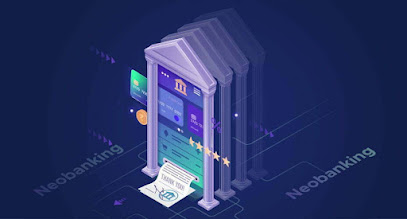How to Categorise Your Expenses: Why Is It Important?
Budgeting is one of the most important financial habits you can inculcate in your life. While creating a budget is important to help you plan how much money to save, spend, invest and give, it is equally important to track those expenses in an organized manner so that you are making swift progress in your financial journey.
A key component of tracking your expenditures is categorizing them into various buckets. This helps you -
- Get an overview of your overall expenses
- Easily track expenses and identify spending patterns
- Have a keener understanding of your spending behaviour and decide on how to take proactive measures
- Have a better grip on your current financial situation and align your budget with your long-term goals
Now that we know the advantages, let’s dive right into how you can categorize your expenses.
First, split them into two broad buckets - Fixed Expenses and Discretionary Expenses.
What are Fixed Expenses?
Fixed expenses are all those purchases that you need to incur in order to live. In other words, these are necessary expenses.
These expenses include -
- Rent
- Transportation
- Groceries,
- Home and utilities
- Insurance,
- Bills & emis
- Education
- Health and personal care
What are Discretionary Expenses?
Discretionary expenses are those purchases that improve the quality of your overall lifestyle and these expenses include -
- Shopping and entertainment
- Food and dining
- Travel
- Memberships
But wait a minute, what about savings and investments?
The money you put towards savings and investments isn’t just an expense - it’s allowing you to build a stronger future and accelerate your financial journey. Ideally, once you get your monthly income, you should first allocate your money towards savings and then create a budget with the remaining that’s leftover. And by the end of the month, if you have any balance left over from your budget, you can sweep that into your savings as well.
How Does Categorizing My Expenses Help Me With Respect to My Financial Goals?
Now, most of your fixed expenses would be non-negotiable. So you will most likely only have room to cut back on your discretionary expenses. Now let’s say you have a goal of building an emergency fund worth 3-6 months of living expenses in the next year - by categorizing your expenses you will be able to identify where exactly to cut back. Adding a tag to every expense reminds you to avoid overspending on certain categories and helps you keep your larger goal in mind.
On Wizely, it’s just a simple four-step process -
1. Track your expenses across your bank accounts
2. Categorise your spending
3. Set a budget
4. Save money with our full-proof Saving Plans
Categorizing your expenses can help you stay financially organized, stick to your financial goals and keep a tab on your spending habits.
Source: https://wizely.in/wizeup/how-to-categorise-your-expenses-3a-why-is-it-important.

Comments
Post a Comment